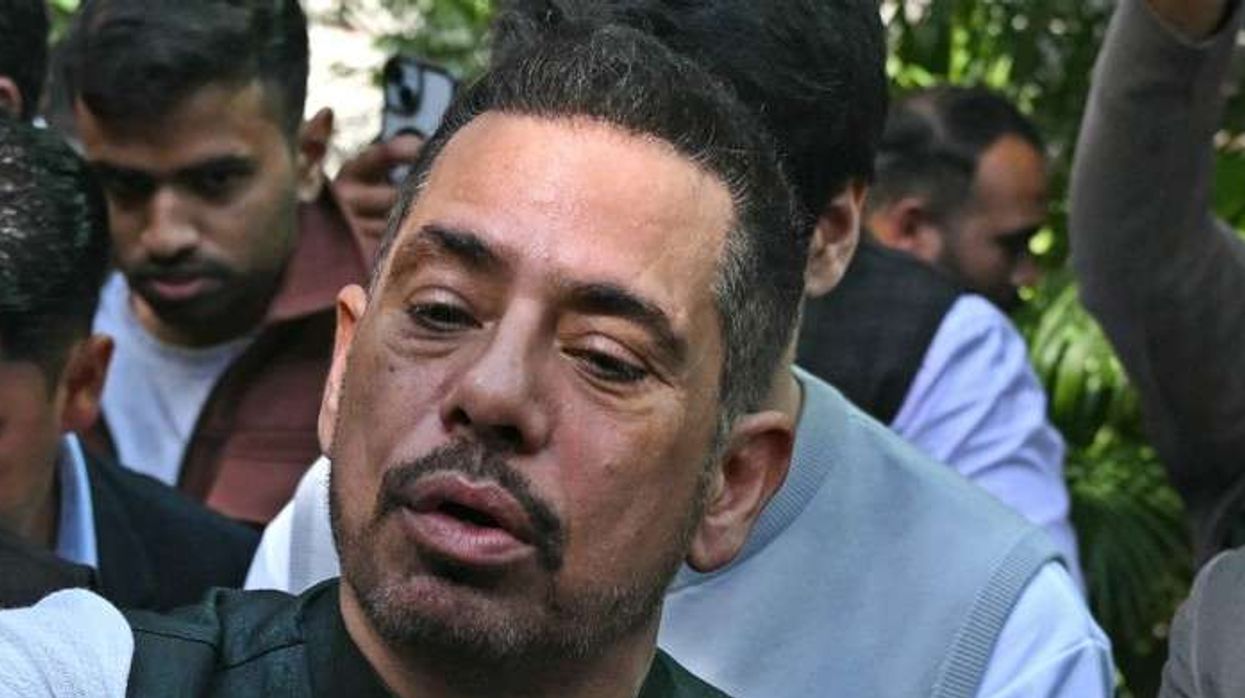Home secretary Priti Patel on Monday (19) launched plans to pave the way for new powers to tackle violent crime in the UK.
Patel has opened a consultation process that would lead to changes in the UK's Offensive Weapons Act to give courts additional powers to issue control orders related to knives, corrosive substances such as acid and other offensive weapons.
Following a consultation process, UK courts will also be able to impose measures to prohibit activities such as associating with certain people, or to introduce geographical restrictions and curfews to help prevent further offences.
"We are cracking down on violent crime, which has a devastating impact on victims, their families and our communities," Patel said.
"Our Offensive Weapons Act will help to stop acids and knives making their way onto our streets and being used to carry out horrifying attacks. This government will always give the police the support, resources and powers they need – including recruiting 20,000 new officers over the next three years and empowering them to use stop and search," she said.
The minister, who took charge of the UK Home Office in the Boris Johnson-led government last month, had said she intends to be tough on crime in her new Cabinet role.
Under the new Home Office proposals, Knife Crime Prevention Orders (KCPOs) will provide an additional tool for police to steer young people away from serious violence.
KCPOs are civil orders which can be imposed by courts on any person aged 12 or over who police believe is carrying a knife or people previously convicted of a knife related offence.
The orders are intended to be preventative rather than punitive, addressing factors that may increase the chances of offending through requirements such as attendance at educational courses, life skills programmes, participation in group sports, drug rehabilitation and anger management classes, the Home Office said.
Chief Superintendent Ade Adelekan, who heads up the Metropolitan Police's Violent Crime Task Force, said Scotland Yard supports the proposed Knife Crime Prevention Orders.
"We feel they will help to discourage more young people from carrying knives in a positive rather than punitive format, giving them support and pathways away from potential crime or negative influences," he said.
"We will continue to work closely with our partners, particularly the new Violence Reduction Unit, the Home Office, local government and third sector organisations to not only suppress violence in the short-term, but to help take a truly integrated approach to long-term problem-solving, to help keep young people safe," Adelekan said.
Draft guidance on the new planned measures has been launched for agencies who will be responsible for enforcing the legislation, such as police and trading standards.
The guidance documents will now be subject to public consultations, which will allow stakeholders to put forward their views, before the final versions are published and the measures brought in to effect.
The UK's National Police Chiefs' Council (NPCC) Lead for Serious Violent Crime, Acting Deputy Chief Constable Jackie Sebire, said: "Knife Crime Prevention Orders will provide police with a further means to help deter young people from becoming involved in knife possession and knife crime.
"These Orders will help to make young people stop and think about the choices and consequences of carrying a knife. We know that early intervention is the best way to prevent knife crime and we continue to work alongside schools, charities and community groups, alongside the use of a range of other tactics."
The UK's Offensive Weapons Act, which became law earlier this year, was introduced to enhance the response to serious violence, including knife crime and corrosives attacks.
It includes measures such a ban the sale of corrosive products to under-18s and make the possession of a corrosive substance in a public place a criminal offence and change the legal definition for threatening someone with an offensive weapon.












